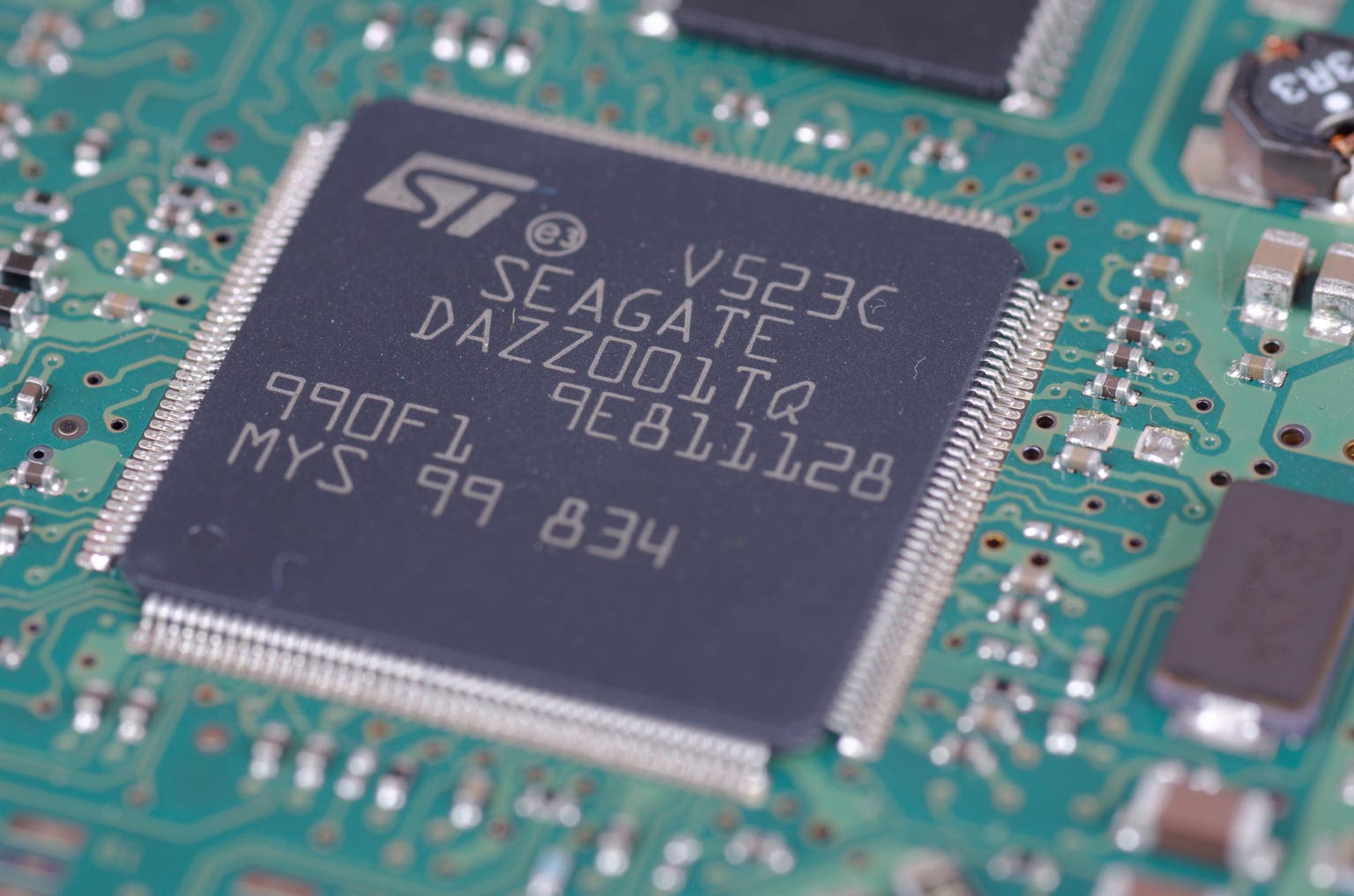Kiwi Researchers Join Forces with MDA to Boost Laser Defence Tech

Groundbreaking research from the University of Rochester Laboratory for Laser Energetics (LLE) is set to expand, with a significant collaboration announced with the US Missile Defense Agency (MDA). This partnership will see Kiwi scientists and engineers working alongside their American counterparts to refine and advance pulsed laser technology, specifically targeting national security threats.
The LLE, renowned globally for its pioneering work in inertial confinement fusion and high-energy laser systems, has been developing cutting-edge laser capabilities for years. Their research focuses on creating powerful, short-duration laser pulses capable of disrupting or destroying incoming threats – from missiles to unmanned aerial vehicles (UAVs).
Why is this important for New Zealand? While the focus is on US national security, the technological advancements stemming from this collaboration have broader implications. Laser defence systems are increasingly viewed as a crucial layer of protection in a rapidly evolving global landscape. The expertise and knowledge gained through this partnership will undoubtedly benefit New Zealand's own research and development capabilities in areas like advanced materials, optics, and high-performance computing.
What’s new in this extension? The MDA's increased funding and involvement signifies a significant vote of confidence in the LLE's research. This next phase will concentrate on several key areas:
- Improving Laser Efficiency: Reducing energy consumption while maintaining destructive power is paramount. Researchers are exploring new laser designs and materials to achieve this.
- Enhanced Target Tracking and Engagement: Developing sophisticated algorithms and sensor systems to accurately track and intercept targets, even in complex environments.
- Addressing Atmospheric Effects: Laser beams are affected by the atmosphere. The team will focus on mitigating these distortions to ensure optimal performance.
- Miniaturization and Mobility: The goal is to create more compact and mobile laser defence systems, allowing for greater deployment flexibility.
The collaboration highlights the growing importance of laser technology in modern defence strategies. As threats become more sophisticated, the need for robust and adaptable defensive measures is more critical than ever. This partnership between the University of Rochester and the MDA, with Kiwi involvement, represents a significant step forward in that direction. Keep an eye on this space – the future of defence is likely to be laser-powered.
Further Information: For those interested in learning more about the LLE’s research, visit their website at [Insert LLE Website Here - Placeholder]. Updates on the MDA’s laser defence programs can be found on the MDA website [Insert MDA Website Here - Placeholder].






